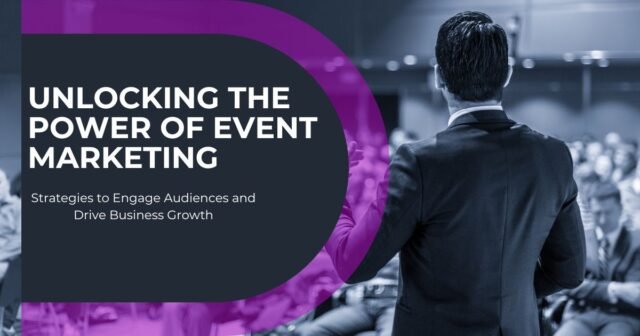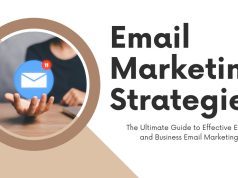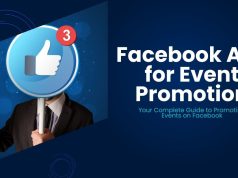Event marketing has become an indispensable tool for modern digital marketers. When executed correctly, it amplifies brand reach, engages audiences, and creates lasting impressions. But what exactly does event marketing entail, and how can you leverage it to enhance your marketing strategy?
This comprehensive guide will unravel event marketing, explore its significance, and provide actionable insights to weave it into your digital strategy. By the end, you’ll better understand event marketing, how to measure its ROI, and what trends are shaping its future.
What is Event Marketing?
Event marketing refers to promoting products, services, or a brand by holding or participating in events. These events can range from physical trade shows, conferences, and product launches to virtual meetups, webinars, and hybrid experiences.
The aim of event marketing is simple yet powerful—to create an engaging platform where the brand interacts directly with its target audience, building trust and reinforcing brand loyalty. Research by Eventbrite found that 79% of attendees feel that live events help them connect more deeply with a brand.
Why Event Marketing is Crucial in Today’s Digital Age
- Direct Engagement: Events allow brands to interact with audiences in real time, fostering personal connections that other forms of digital marketing often lack.
- Lead Generation: Events attract a targeted audience, meaning every attendee is a potential lead, often leading to higher conversion rates.
- Brand Awareness: From promotional materials to interactive experiences, events create unforgettable brand moments.
- Community Building: Consistent event hosting positions brands as thought leaders within their niche, contributing to long-term loyalty.
Types of Event Marketing Strategies
There isn’t a one-size-fits-all approach to event marketing. What works for one brand might not for another. Here are several event formats to consider when building your strategy.
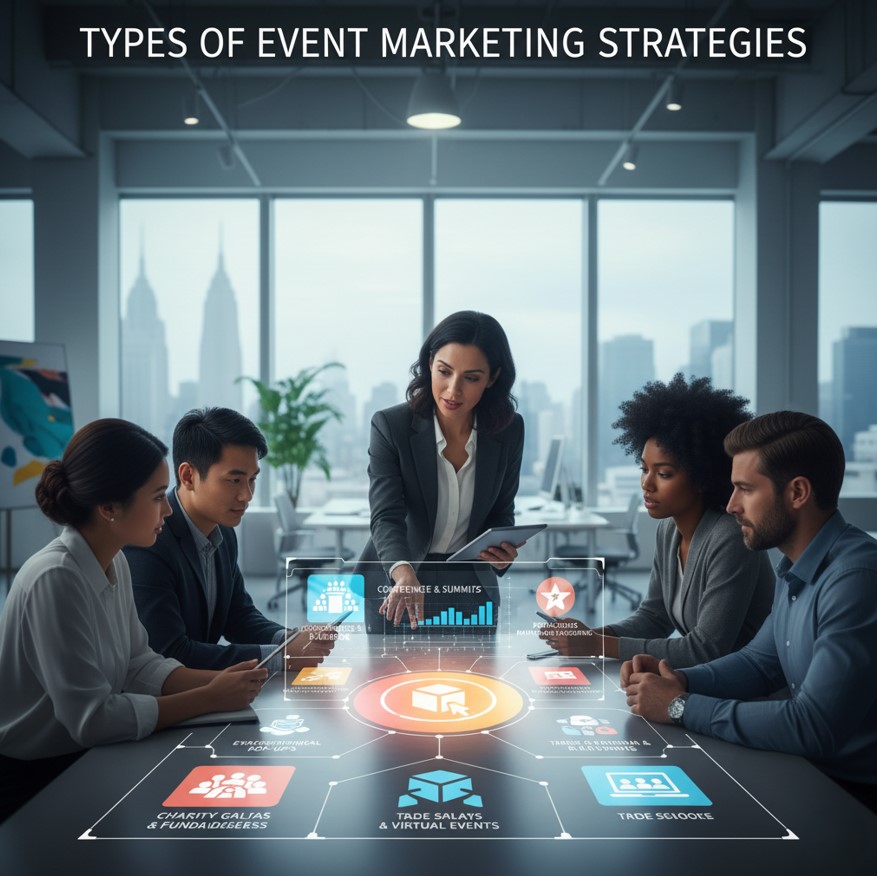
1. Live Events
These are in-person events such as trade shows, workshops, seminars, and conferences. While logistically demanding, live events provide unparalleled opportunities for networking and experience-driven brand interactions.
Example
A fitness brand might host a live workout bootcamp with influencers to showcase their newest line of equipment and apparel.
2. Webinars and Virtual Events
A rising trend, virtual events became pivotal during the pandemic and have since continued to thrive. Webinars, online workshops, and live-streamed presentations eliminate geographic constraints, allowing brands to reach a global audience.
Example
Software companies often host free webinars showcasing their tools’ functionality while inviting live questions for a more engaging experience.
3. Hybrid Events
Combining in-person and virtual elements, hybrid events cater to local attendees while streaming online for a broader audience.
Example
A company may hold a product launch at a physical location while simultaneously live-streaming the event to global viewers.
4. Sponsorships and Partnerships
Rather than hosting your event, you can sponsor or partner with an established event to align with its audience.
Example
A tech company might sponsor a portion of a well-known industry conference, gaining visibility with its target audience.
5. Pop-ups and Experiential Marketing
Temporary pop-up shops or experiential events create immersive brand touchpoints that wow customers.
Example
A food brand could host a cooking workshop or tasting session to create buzz about their products.
How to Integrate Event Marketing into Your Digital Strategy
Bringing event marketing into your broader digital campaign requires a cohesive approach. Here’s how to do it effectively.
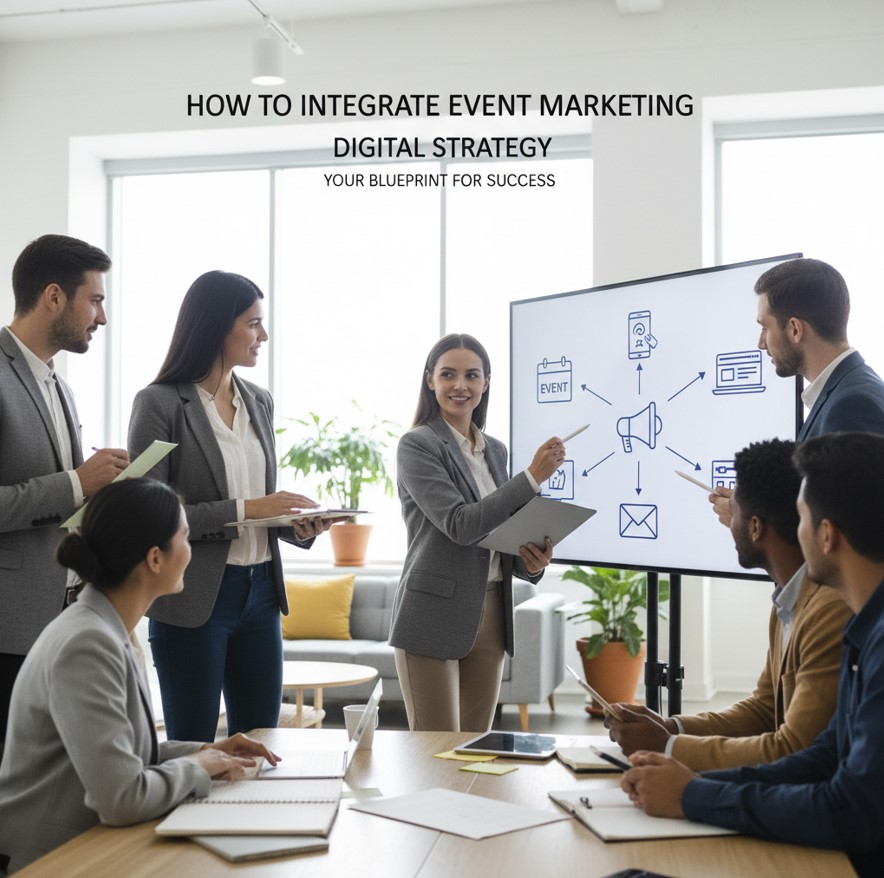
1. Align Event Goals with Marketing Goals
Clearly define the purpose of the event. Whether it’s generating leads, improving brand awareness, or launching a product, your event goals should align with your digital marketing KPIs.
2. Create a Buzz with Digital Channels
Use email campaigns, social media, PPC ads, and influencer collaborations to promote your event. Leverage countdown posts or “behind-the-scenes” sneak peeks to build excitement.
3. Leverage Content Marketing
Create blog posts, videos, and infographics about the event or its topic. Offer insights or teasers that compel people to register.
4. Capture Data During the Event
Use tools like QR codes, registration forms, or event apps to collect attendee information such as email addresses and preferences, which can then fuel future campaigns.
5. Repurpose Content Post-Event
Turn speaker presentations, attendee testimonials, and event highlights into pieces of valuable content. Create blogs, videos, and newsletters to extend the event’s life cycle.
Measuring Success and ROI of Event Marketing Campaigns
One of the most critical aspects of event marketing is tracking its effectiveness. Here are some key metrics to evaluate.
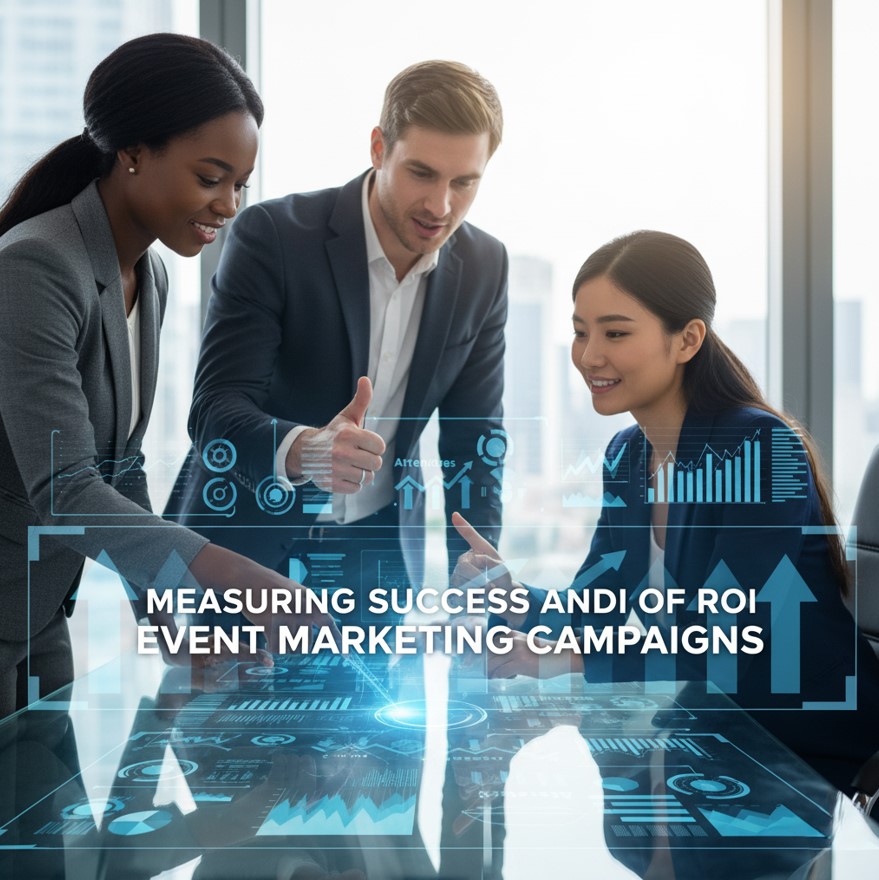
1. Attendance Metrics
- Number of Registrations: How many people signed up for your event?
- Drop-off Rate: How many people who registered actually attended?
2. Engagement Metrics
- Social Media Interactions: Measure likes, shares, comments, and hashtag usage during and after the event.
- On-Site Interactions: For live events, gauge booth visits, conversations, and attendee-generated content.
3. Lead Generation and Sales Metrics
- Conversion Rate: How many attendees became customers?
- Lead Quality: Were the contacts captured at the event your target audience?
4. Post-Event Feedback
Use post-event surveys to assess attendee satisfaction and gather suggestions for improvement.
Successful Event Marketing Campaigns
Case 1: Apple Product Launches
Apple’s meticulously executed product launches generate worldwide buzz. By creating exclusivity and urgency, they showcase their new products and reinforce their brand identity all in one go.
Case 2: HubSpot’s INBOUND
HubSpot’s annual INBOUND conference brings thousands of marketers together for education and networking. With engaging speakers and top-notch topics, it positions HubSpot as a leading authority in its field.
Case 3: Starbucks Holiday Campaigns
Starbucks uses experiential marketing during its annual holiday season, offering limited-edition drinks, exclusive merchandise, and décor events that create social sharing opportunities and drive customer loyalty.
Trends Shaping the Future of Event Marketing
Event marketing is continually evolving. Some emerging trends to watch include the rise of AI for attendee personalization, the growing prominence of hybrid events, and sustainability initiatives that reflect eco-conscious values.
By staying ahead of these trends, marketers can ensure that their campaigns resonate with modern audiences and achieve long-term success.
Looking for effective ways to boost your digital product’s reach? Discover proven techniques in our article on promoting digital products successfully.

